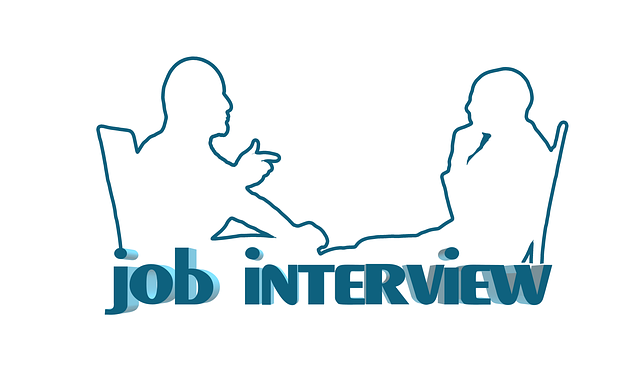
Questions that are disallowed include the applicant’s age, marital status, medical history or presence of a disability, whether they or a partner is pregnant or plans to have children or their religious beliefs. Guidelines set out by the U.S. Equal Opportunity Commission make it illegal to discriminate against any individual based on age, gender, sexual orientation or pregnancy.
An employer who persists in asking such questions of prospective employees may be investigated for creating a “pattern of discrimination.”
Unfortunately, many job applicants are not aware of anti-discrimination laws and fail to report instances. Most large businesses have taken steps to assure that their hiring practices don’t fall outside the law. The rule of thumb is to ask only questions directly related to the job in question.
People who feel they have been questioned inappropriately can report to the EEO. It is all right to walk out of an interview that crosses the bounds, experts in the field say.